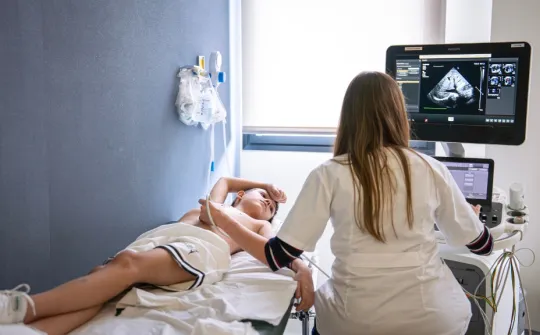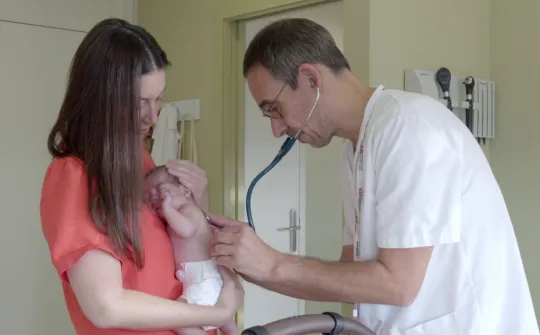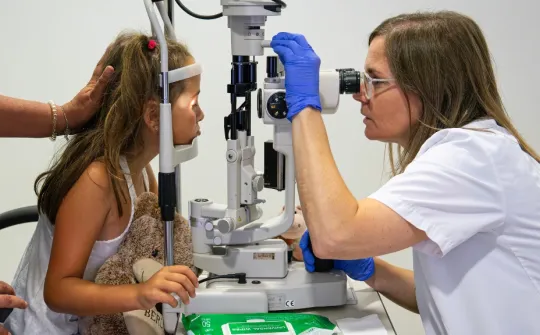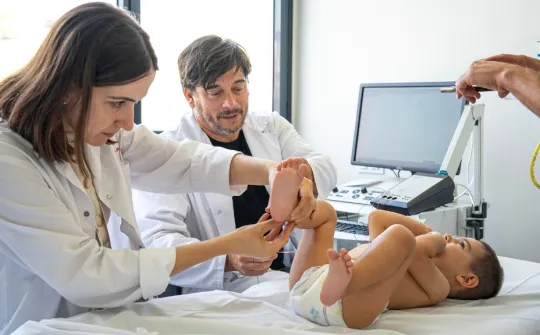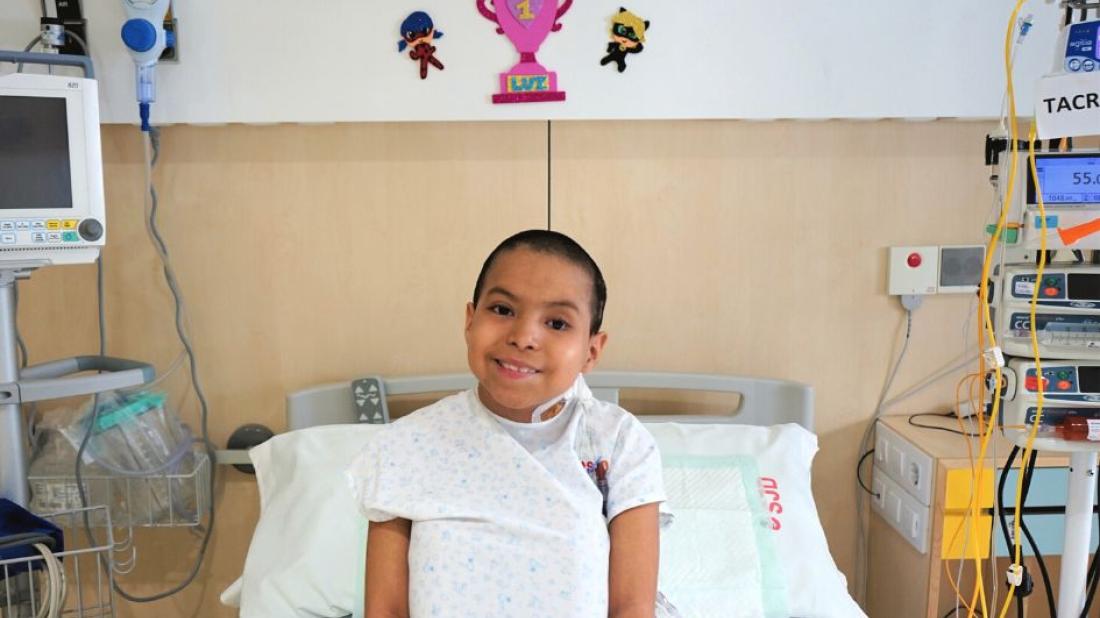
Nurses in the Hospital's Bone Marrow Transplantation Unit are spearheading initiatives to humanise the care of children hospitalised for extended periods.
Children who receive a bone marrow transplants - as a result of cancer or an immunological or haematological disease - have to spend months in isolation, in a closed hospital room with only one family member for company. Oftentimes, they also receive therapies that require them to do things that are difficult for the youngest patients, such as drinking a minimum amount of water during the day or showering every four hours
Tohelp these patients and their families copeand motivate them to follow the doctor’s orders, the nurses at the Bone Marrow Transplantation Unit at SJD Barcelona Children's Hospital have been taking actions to humanise their care for some time now.
They welcome the child with a personalised poster when they’re admitted to the unit so they begin to feel like the room where they’ll be spending months is their own space; children who’ve had a fever or a bad night receive a champion medal; those who manage to drink the required amount of water receive a cup; or they make them a special poster when they receive the great news that the transplant is complete. They also leave envelopes with little games for the children to find when they wake up. They make ornaments to celebrate certain holidays such as Carnival and give the children small gifts on their birthdays. All these initiatives are personalised and adapted to the preferences of each child.
A study to analyse the impact of the actions on the patient and his or her family
These gestures and games are very important to the recipients. “We started doing these gamification interventions spontaneously,” says Carme Coma, a nurse who has been working in the PHCT unit for three years. “We quickly realised that they alleviated the child's fear and created a bond of trust and complicity between the patients and their families and the medical team, and that is extremely important. Her colleague, Vicky Molinillo, who has been working in the same unit for a year and a half, adds that “it also gives them something entertaining to do during the days so they don’t lose track of time, which is something that tends to happen in isolation .”
The two nurses have integrated all these initiatives into a programme they call "The Day After Surprise", because it is mainly the night shift nurses who prepare the surprises. As part of this initiative, they have recorded the different actions in a written document so that professionals from other services at the hospital or other transplant units can replicate them. They have also decided to conduct a study to evaluate and demonstrate with data the effect that these initiatives have on patients and their families.
